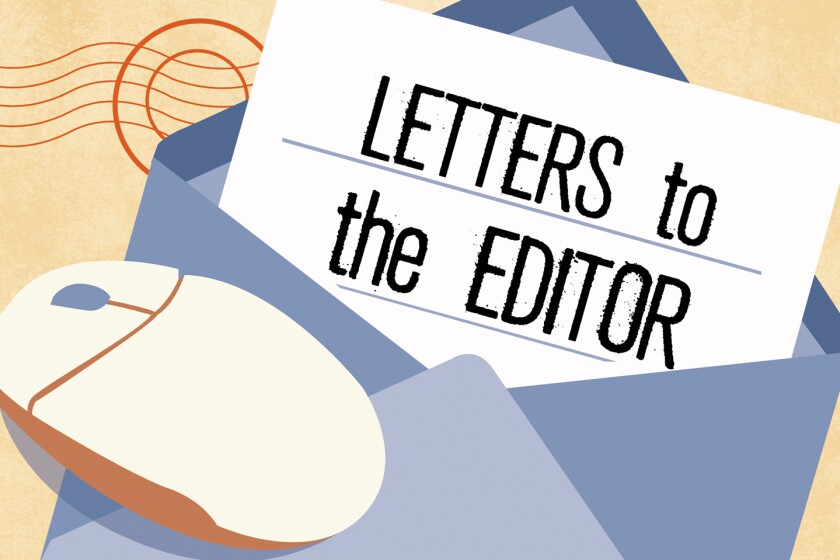The introduction of electronic pull-tab machines in North Dakota has sparked significant concern regarding their impact on local economies and communities. Initially permitted by the North Dakota Legislature in 2018, these machines were promoted as a means to support charitable organizations. However, critics argue that they have instead diverted substantial funds from the state and have adversely affected tribal casinos.
By 2024, the revenue generated from charitable gaming soared to approximately $2 billion, but a staggering $1.2 billion of that total flowed to out-of-state gaming companies. This shift has led to significant financial losses for local businesses and tribal casinos, which have reportedly seen revenue declines of up to 60% since the machines were introduced. Such casinos play a critical role in providing essential services like housing, healthcare, and employment for various communities.
Norman McCloud, a resident of Fargo, voiced his worries in a recent letter, emphasizing that the funds raised through these electronic machines could be better utilized to address pressing social issues such as homelessness, addiction treatment, and education. He noted that, while supporting youth sports is commendable, the funds accumulated by organizations like a local youth golf charity—amounting to nearly $4.78 million—often remain inaccessible for urgent community needs.
The North Dakota Legislature has allocated a mere $40,000 annually for gaming addiction services, a figure that pales in comparison to the billions wagered through e-tabs. This lack of support is concerning, especially with approximately 19,000 residents in North Dakota struggling with gaming addiction, a figure nearly three times the national average.
McCloud characterizes e-tabs as “slot machines in disguise,” highlighting their addictive nature and pervasive presence. He argues that if lawmakers were willing to endorse the introduction of these machines, they should also possess the resolve to eliminate them. Other states, including Iowa, Illinois, and New Jersey, have successfully made similar moves to restrict or ban electronic gaming devices.
As North Dakota grapples with the ramifications of electronic pull-tabs, community leaders and residents alike are calling for a reassessment of the legislation surrounding these machines. The potential for long-term economic and social consequences looms large, prompting a critical dialogue on the future of gaming in the state. Without intervention, the financial benefits promised by e-tabs may continue to favor external companies at the expense of local communities and essential services.





































































